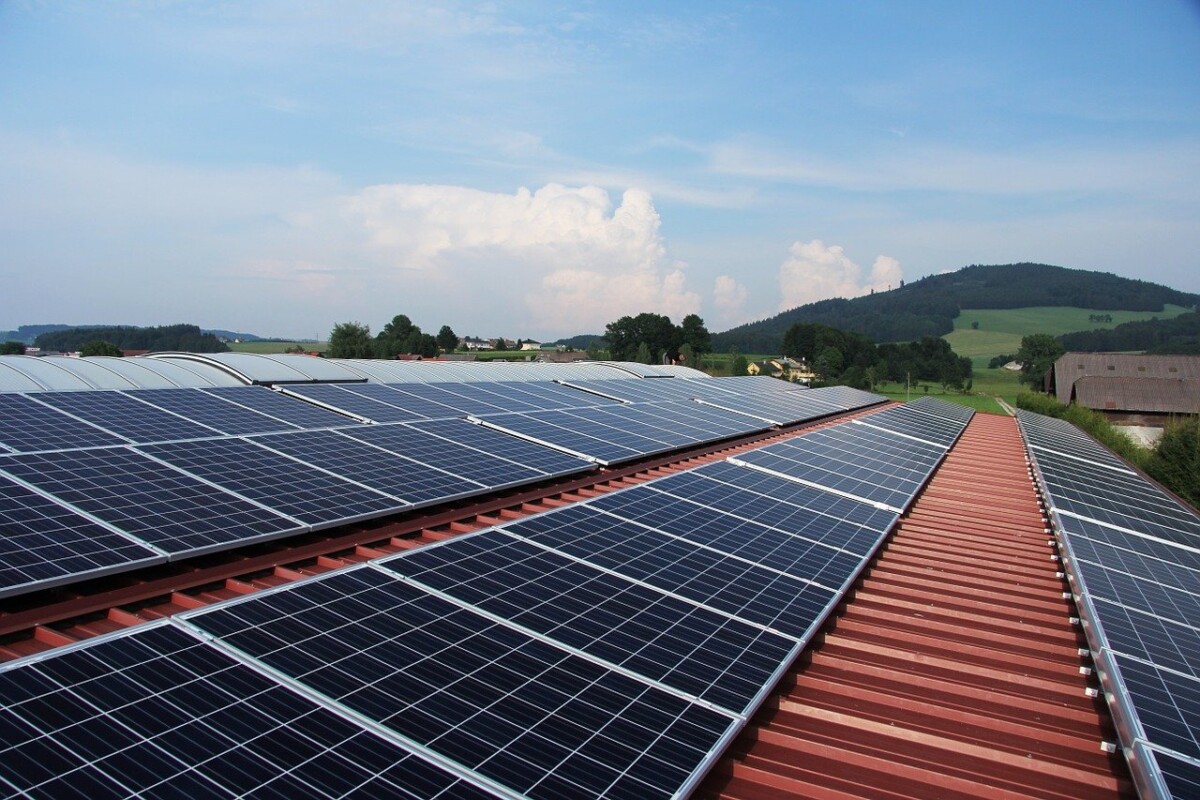Charity Bank launches green loan offers for nonprofits

Charity Bank is placing a greater emphasis on responding to climate change with a revison of its vision statement, and the launch of two green loan offers for charities and social enterprises.
The bank’s refreshed vision statement is for ‘a society that fosters vibrant communities and a healthy planet, enabling every individual to thrive.’
The two green loan offers reward charities and social enterprises for using loan finance to buy or build an energy-efficient building or to improve the energy efficiency of their existing property.
Advertisement
- With the Energy Improvements Loan offer, borrowers can make energy improvements to their existing building without paying a loan arrangement fee.
- With the Sustainable Buildings Loan offer, borrowers can get £1000 or £2000 cashback when they buy or build an energy-efficient building.
Charity Bank’s CEO Ed Siegel said:
“Charity Bank was built on the belief that positive impact should be at the heart of everyday banking. For 20 years we have supported charities and social enterprises that care for people as well as the planet. Given the evolving needs of the social sector and the people and communities they serve, now is the time to ask what more we can do?”
“During 2021, we undertook a review of Charity Bank’s vision, mission and values statements in consultation with a range of stakeholders, including shareholders, board directors, our co-workers and our customers. These refreshed declarations serve to sharpen our focus on positive social change as Charity Bank’s primary motivation. The addition of ‘healthy planet’ to our vision statement is worthy of note. Climate change is possibly the greatest social challenge facing our society today; therefore, a healthy planet merits explicit mention as one of our core aspirations.”
This follows Charity Bank’s commitment last year to assessing and disclosing the greenhouse gas emissions of their financed projects by joining The Partnership for Carbon Accounting financials (PCAF) and, earlier this year, joining Investors in the Environment (iiE) with a commitment to assess, disclose, and reduce their direct environmental impact.




